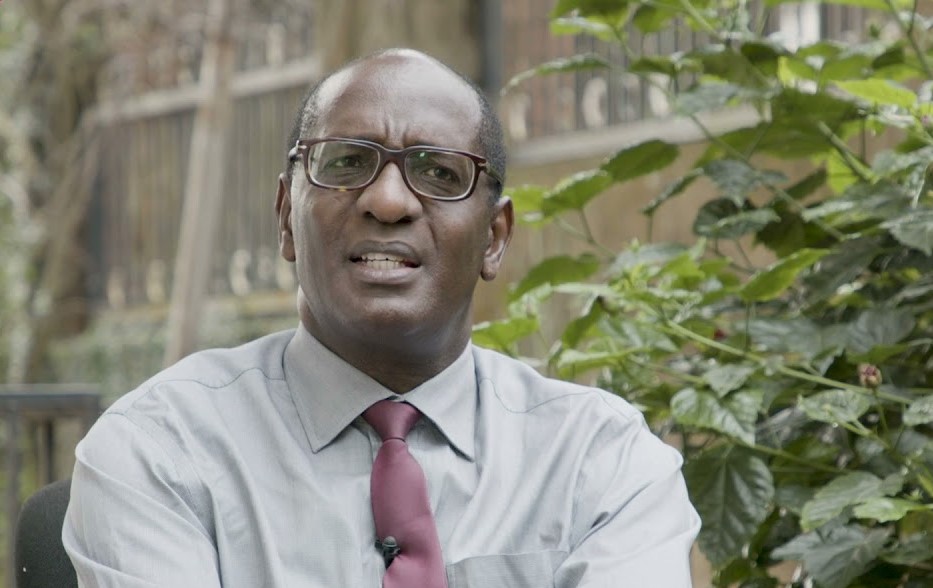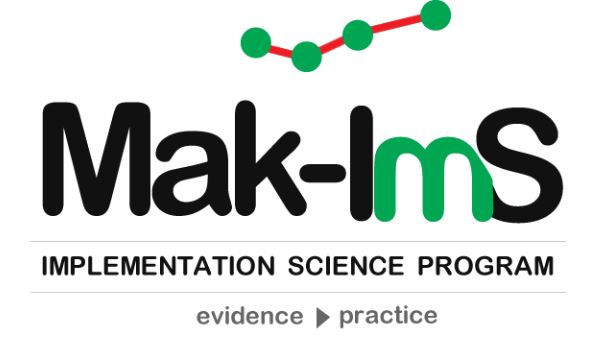Building Implementation Science Capacity at Makerere University in Uganda
Although significant resources have been invested in disease control programs, Uganda is still far from achieving disease control goals. While Uganda has developed highly successful research collaborations in HIV, tuberculosis, and malaria over the last 30 years, most of this work has been focused on clinical research, and the findings have not always translated into policy and practice changes. Currently, we need urgent and comparable investment in Implementation Science (ImS) research to strengthen the response to diseases of public health importance.
The Makerere University ImS program (D43TW010037) is a research training grant awarded by the Fogarty International Center at the National Institutes of Health since June 2015. We are implementing a unique multi-disciplinary ImS research training program at Makerere University. The goals of the program are to: 1) provide training and mentoring in the field of implementation science to Ugandan scholars and 2) establish an ImS training site at Makerere University School of Medicine for Uganda and other institutions in Africa. Through our collaboration with the University of California, San Francisco (UCSF), junior and senior researchers are getting trained and mentored in implementation science research and immense interest has been generated through our on-going activities. These efforts will enhance our response to HIV, malaria, TB and other communicable and non-communicable diseases.
I invite you to browse our website to learn more about our programs and how you can be part of them.
Enjoy your visit!
A word from the Principal Investigator

Prof. Moses Kamya
Trainees
Program Training Activities
Journal Clubs
These are run every last Thursday of the month. A presentation is made on any ImS research related topic and the last 15 minutes are for open discussions, questions and answers.
Short courses
Short courses are also organized on implementation science pillars such as; Evidence-Practice Gap, Behavioral Change, Biostatistics and Qualitative methods, Community Engagement
PhD and masters Scholarships
The targeted trainees are those with backgrounds in Medicine, Behavioral Sciences, and Social Sciences, Economics & Information Technology
Testimonials

I am proud of being able to publish my research work titled “Factors associated with willingness to use oral pre-exposure prophylaxis (PrEP) in a fisher-folk community in peri-urban Kampala, Uganda” and presenting it in multiple conferences. For the future, I advise the university to establish a curriculum for ImS. The knowledge I received from the Mak-ImS project helped me write a competitive grant for this fellowship.

I also acquired skills on investigation of social determinants of behavior and their bearing on disease epidemiology. The skills acquired from the program have been instrumental in my role of supporting USAID implementing partners to design and successfully implement interventions in support of supply chain activities both at the formative level and during implementation.

I gained a number of skills including the application of ImS Frameworks in research and the utilization of Community Engaged Research to enable smoother translation of evidence into practice. I have applied the knowledge and skills I acquired in writing of grant proposals and all three proposals were approved for funding.

The program has exposed me to Implementation Science approaches and methods which have grown my research career. Currently, I work as a training coordinator on Mak-ImS program and my roles include supporting trainees to develop, conduct and publish good implementation science research projects.
ImS and BSSR trainees receive tips to develop individual plans
Over 30 trainees on the Implementation Science (ImS) and Behavioral Social Sciences Research (BSSR) programs have received knowledge
The First Edition of the MakImS-Mak BSSR Newsletter!!
Welcome to the First Edition of the MakImS-Mak BSSR Newsletter!! Dear Faculty, Students and friends of the ImS
Emerging researchers at Makerere University share exciting implementation science study projects
The Makerere-Implementation Science (MakImS) program conducted a trainees’ progress review meeting to track advancement of trainees’ PhD,






















